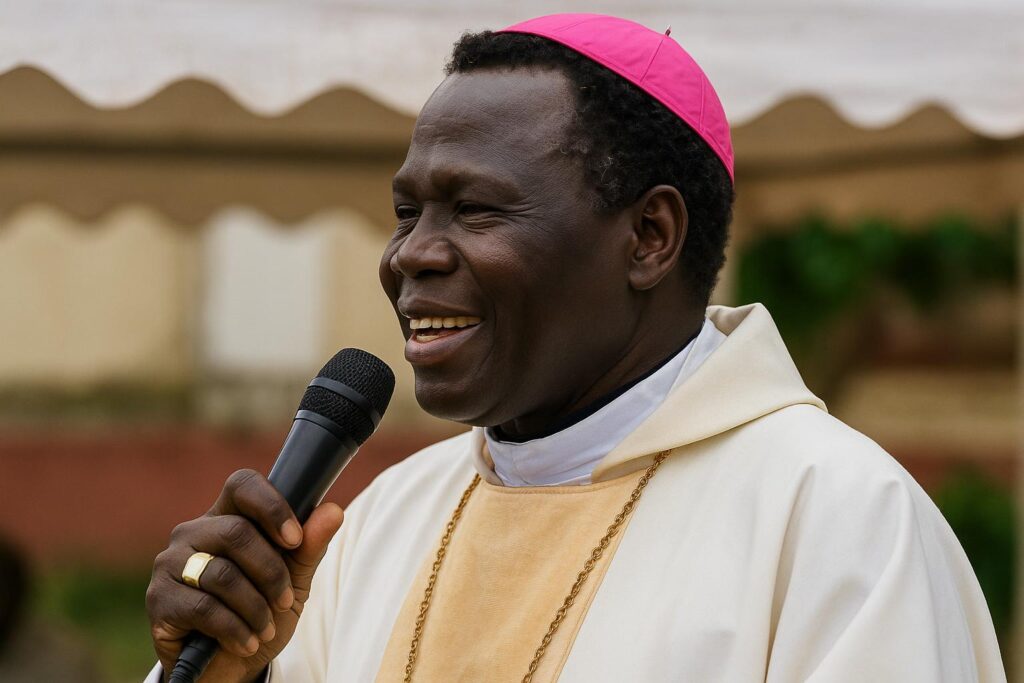Torit Remembers 70 Years On
Torit Freedom Square filled with hymns and history as citizens marked the septuagenary of the 1955 mutiny, an uprising widely seen as the spark of South Sudan’s liberation struggle. Veterans stood beside youth, linking past sacrifice to today’s quest for durable peace.
Cardinal Ameyu’s Call for Transformative Dialogue
Archbishop of Juba, Cardinal Stephen Ameyu, asked congregants to pursue peace that is “more than the absence of war” but rooted in justice and charity. He urged leaders to practice honest dialogue that “breaks down divisions and builds bridges of trust” across the young nation.
Church Networks Coordinate Nationwide Prayer
The South Sudan Council of Churches, Prayer Network for South Sudan and allied ministries spent 70 consecutive days mobilising prayers in villages and camps. Organisers said the campaign’s goal was to “widen the peace constituency” by nurturing unity among denominations and ethnic communities.
Civil Society Challenges Political Class
Activist Edmond Yakani used the podium to accuse politicians of fueling instability through power struggles. He warned that military uniforms now “terrorise citizens” and that public resources finance luxurious homes abroad while refugees languish in Uganda and Kenya, a claim drawing cheers and uneasy silence alike.
Episcopal Primate Appeals for Moral Renewal
Bishop Justin Arama Badi denounced bloodshed, corruption and tribal hatred, pledging the Episcopal Church to “raise righteous leaders” and just laws. His prayer renounced “alliances that enslave rather than empower,” echoing calls for governance grounded in transparency and communal stewardship of land.
Regional Resonance and Forward Path
Analysts note that faith-based advocacy has grown influential across East and Central Africa, providing dialogue platforms that political actors sometimes lack. Observers in Juba argue the Torit model—public repentance paired with civic pressure—could nurture reconciliation processes elsewhere without undermining state institutions.


